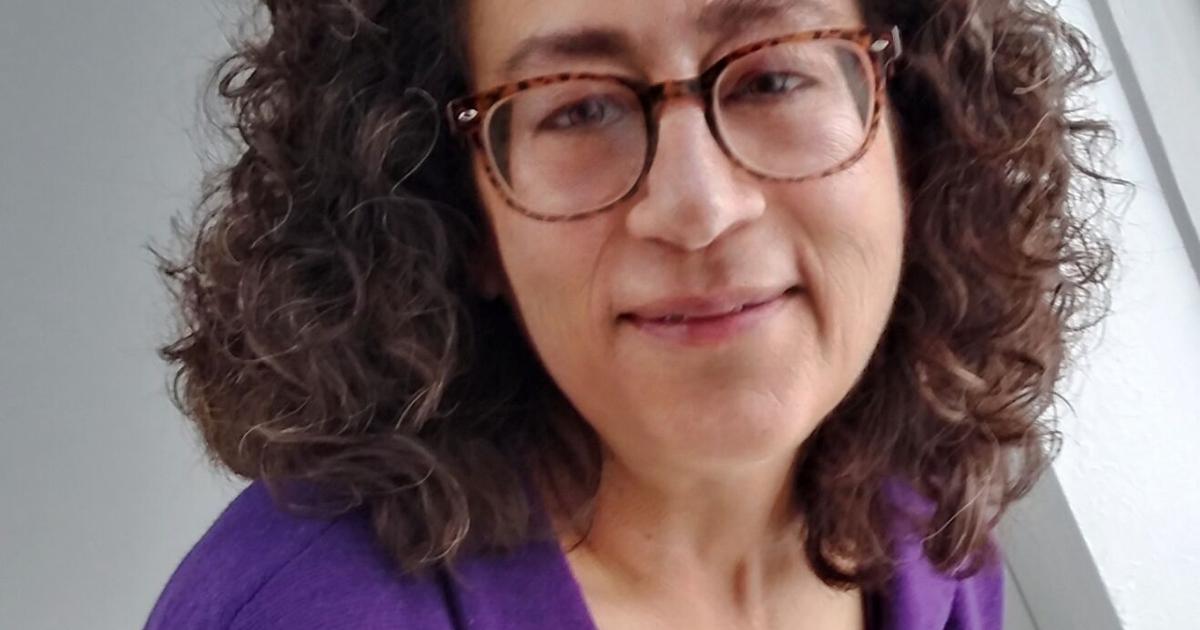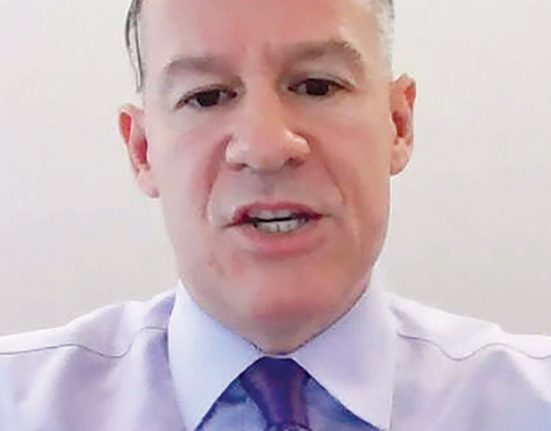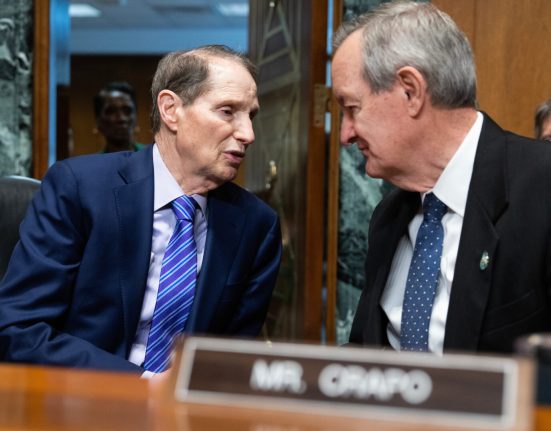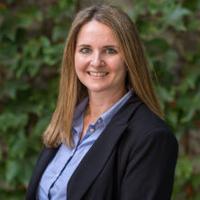Natalie Menten
Coloradans, including myself, have exhausted thousands of hours talking about property tax caps during the last year. This was after spending countless time discussing property taxes in the preceding years.
It’s puzzling we are still at this point, especially when there are already two property tax limitations in Colorado law: the Annual Levy Law and the Taxpayer’s Bill of Rights (TABOR).
The problem is many voters gave up their property tax caps forever when they approved ballot measures written in unclear or misleading language. Adams County and the City of Boulder are just a few of the local districts that waived their property tax limits forever through ballot issues that claimed to not raise taxes — but did exactly that. Additionally, voters are not allowed to petition the limits back in county, school and special districts.
On the 2002 Adams County Ballot, Issue 1A, and in 2008, City of Boulder Issue No. 201, both resulted in the waiving of TABOR and Annual Levy Law limits.
A 5.5% property tax revenue limit, also known as the “Annual Levy Law” was established in 1911 and found in state statute CRS 29-1-301. It caps property taxes to no more than 5.5% year over year — simple, straightforward and predictable. To be clear, the 5.5% limit is not a TABOR limit found in Article X, Section 20 of the Colorado Constitution. The Annual Levy Law doesn’t include home-rule municipalities.
Stay up to speed: Sign up for daily opinion in your inbox Monday-Friday
Article X, Section 20 of the state constitution, or TABOR, is a constitutional amendment enacted by voters in 1992. TABOR caps government revenue at the state and local level. Instead of a fixed percentage, it allows government growth for inflation and population growth or school enrollment depending on which government level is applicable. Property taxes are given special clarity in TABOR paragraph 7(c), “The maximum annual percentage change in each district’s property tax revenue equals inflation in the prior calendar year plus annual local growth…”
It’s important to remember TABOR applies to all governments, whereas the 5.5% cap covers all except home-rule municipalities. In comparison, TABOR is the superior guardian for taxpayers, and that’s why it’s considered the Gold Standard in the United States, if not worldwide.
The Taxpayer’s Bill of Rights was never intended to allow for permanent exemptions or waivers from revenue limits. According to Robert Natelson in a 2016 report, exemptions to the revenue caps are supposed to last four years or less, as implied by § 7.3.2. in Article X, Section 20 of the state constitution. The Court of Appeals misinterpreted TABOR in Havens v. Board of County Commissioners of the County of Archuleta in 2002 when it ruled voter-approved revenue changes can last into perpetuity.
In the case of some metropolitan special districts, it is often only the developer and a couple other people as the only registered voters voting to permanently eliminate their revenue limits. Surely, when other people move into these districts, they should get a say in how much they have to pay in taxes, no?
Unfortunately, though citizens can petition tax limits on the ballot for statewide or municipal elections, we do not have the ability to petition tax limits on to the ballot for county, school — two of the largest line items on the tax bill — or special districts. It is taxation without representation.
If governments are not at least capped at economic growth — how is it reasonable to expect taxpayers to keep paying in more than they are earning? It’s a wealth transfer scheme that doesn’t end well.
Taxpayers can act now to help clarify this policy question and get a resolution by doing the following:
- Tell your local elected representatives you want tax caps across the board, sales tax to property tax. That can be enacted by voter approval in a governing charter or simply passing an ordinance or resolution which would take roughly 30 to 60 days.
- Testify during the upcoming Commission on Property Tax hearings scheduled for Feb. 20, and again on Feb. 24. Virtual testimony is offered, or attend in person.
Natalie Menten is a taxpayer advocate who serves as a board director on the TABOR Foundation and is a former Regional Transportation District board director. Visit her site, Colorado Engaged at: COballot.com.







